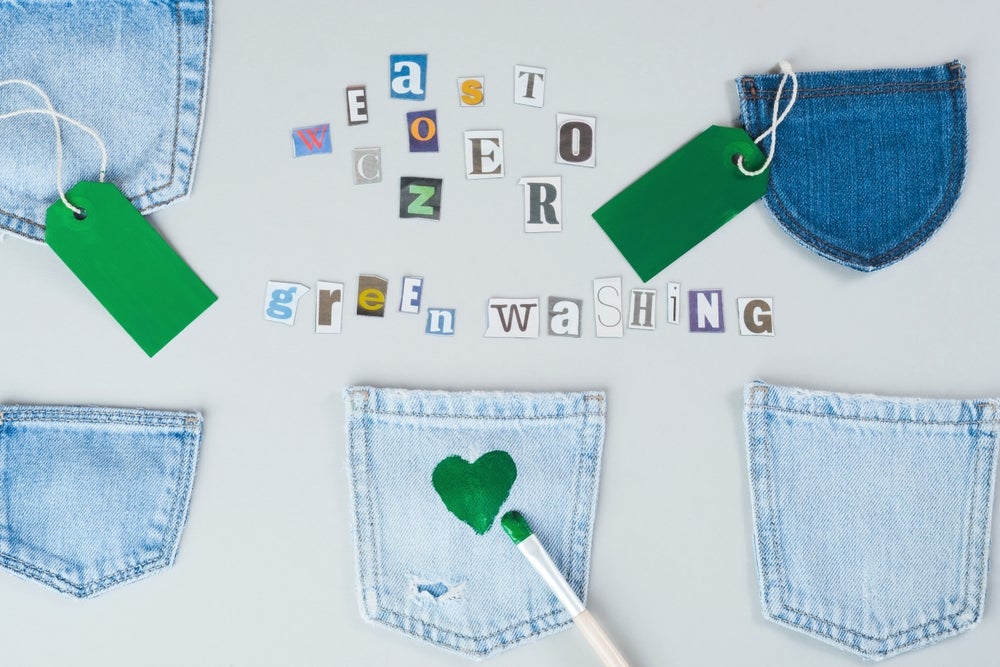On 28 May 2024, the BBC revealed that child labour was involved in the supply chains of perfume brands owned by L’Oréal and Estée Lauder. The BBC’s investigation found that Egyptian jasmine used in luxury perfume brands such as Lancôme and Aerin Beauty was picked by children under the age of 15. Two problems produced the situation: low pay for farm labourers and flawed auditing systems.
Firstly, luxury brands pay fragrance houses very little for their produce, which results in farmers receiving meagre wages and having to enlist their children as a result.
Secondly, this child labour is not reported because of deficiencies in the auditing systems used by the third parties commissioned by luxury brands to verify the ethical standards of supply chains. Inadequate standards were one flaw the investigation encountered. For example, an auditing firm had awarded a jasmine oil production factory a verification that allowed it to proclaim that it sold “responsibly sourced jasmine oil” – despite the auditing firm flagging a human rights issue. Flawed auditing methodologies were another problem: another auditor’s assessment was pre-announced and focused only on the factory involved, taking no account of the smallholder farms that supplied it.
Greenwashing weakens the influence of sustainability claims
This second problem is a serious issue for consumer goods companies. According to GlobalData’s Q2 2023 global consumer survey, 52% of consumers are always or often influenced in their purchasing choices by professional certifications displayed on the package. These professional certifications include third-party verifications. The exposure of flawed auditing methodologies could cause consumers to lose faith in verifications that many consumer goods companies rely upon to justify their sustainability claims.
For example, in its 2023 sustainability report, Nestlé identified third-party site audits as an important part of the Nestlé Responsible Sourcing Standard, which the company refers to as “the foundation” of its work advancing regenerative food systems. In its 2023 sustainability report, Mondelēz claimed it used third-party verifications to ensure its palm oil suppliers’ compliance with the company’s deforestation and exploitation policies. The report also confirmed that third-party verifications were used to track ESG [environmental, social and governance] goals, such as a 35% reduction in CO₂ emissions by 2030 and a 10% reduction in absolute water usage in priority sites by 2025. These examples show the importance of third-party verifications in consumer goods companies’ ESG strategies.
The BBC’s exposé highlights the need for consumer goods companies to ensure that third-party audits do not support greenwashing. This will threaten consumer goods companies by weakening the influence their sustainability claims and professional certifications have on consumers’ purchasing choices. More importantly, it will result in the continued exploitation of the environment and people.



